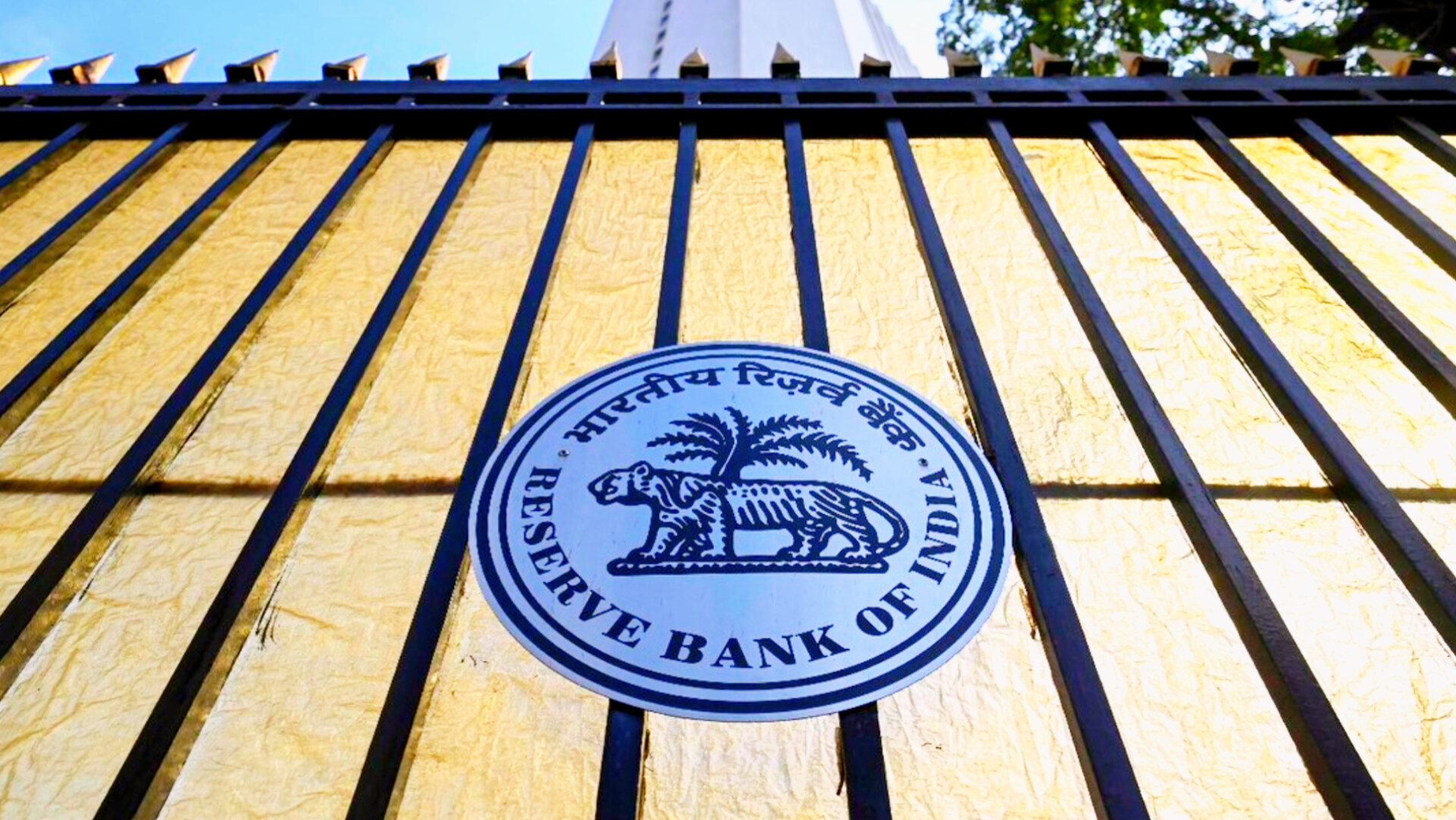
On 19 July 2025, the Reserve Bank of India (RBI) concluded its 57th Monetary Policy Committee (MPC) meeting, opting to maintain the policy repo rate at 5.50% and retain a neutral stance, underscoring its careful calibration between supporting growth and anchoring inflation. The decision follows a “jumbo” 50-basis-point rate cut on 6 June 2025, which lowered the repo rate from 6.00% to 5.50% and shifted to a neutral policy stance to encourage credit flow amid easing inflationary pressures (pib.gov.in, reuters.com). While domestic inflation has moderated to 4.7% in June, the RBI projected it at 4.8% for H2 of FY26, within the comfort zone but mindful of global commodity volatility. GDP growth forecasts were unchanged at 7.2% for FY26, reflecting resilient domestic demand. Market responses were mixed: the Sensex and Nifty hovered near all-time highs, while banks saw moderate gains and NBFCs adjusted to a benign rate environment.
1. Breakdown of RBI’s Announcements
- Repo Rate: Held steady at 5.50%, reflecting neutral policy after the June cut to boost demand.
- Stance: Retained as “neutral,” indicating neither bias toward tightening nor further easing in the near term.
- Inflation Outlook: Revised down to 4.8% (H2 FY26) from 5.0%, with full-year average forecast of 5.0%, marginally below the upper tolerance band of 6.0%.
- Growth Projection: Maintained at 7.2% for FY26, supported by robust private consumption and capital expenditure.
- Liquidity Measures: Continued Open Market Operations (OMOs) infusion of ₹1.2 lakh crore and variable rate repo auctions to ensure banking system liquidity.
- CRR/SDF: Cash Reserve Ratio unchanged at 3.0%; Standing Deposit Facility rate steady at 5.25%.
2. Domestic Market Reaction
- Sensex/Nifty: Opened flat, swung within ±0.5%, and settled marginally higher, reflecting cautious optimism.
- Banking Stocks: Modest uptick in SBI, HDFC Bank, and ICICI Bank on sustained lending outlook.
- NBFCs: M&M Finance and Bajaj Finance gained ~1% as financing costs plateau.
- Expert Quote: “This pause signals that MPC is data-dependent; further action hinges on monsoon trajectory and global commodity prices,” said Rajesh Agarwal, Chief Economist at Axis Bank.
- Investor Sentiment: Retail investors booked partial profits in equities but continued SIPs in large-cap funds.
3. Impact on Key Sectors
- Banking & NBFCs: Loan growth likely to accelerate; NIMs remain under pressure but asset quality stable.
- Real Estate & Housing: EMI relief from June cut supports housing demand; muted price inflation keeps green shoots alive.
- Equity Markets: Sector rotation toward cyclical stocks (auto, infra) expected as credit remains affordable.
- Startups & SMEs: Access to working capital loans eased; fintech lenders to scale digital credit.
4. Effect on Indian Retail Investors
- EMIs & Loans: Borrowers see EMI reduction of ~1–1.5% on existing floating-rate home and auto loans.
- Savings & Fixed Income: MCLR-linked deposits and bank FDs to adjust lower by ~20 bps in coming weeks.
- Mutual Funds & SIPs: Equity SIP inflows maintain momentum; debt funds to recalibrate duration.
5. Effect on Foreign Institutional Investors (FIIs)
- FPI Flows: FIIs registered net inflows of ₹2,500 crore in July, buoyed by yield differentials and stable policy stance.
- Currency Impact: INR traded in a narrow 82.50–82.80/USD band; muted volatility post-announcement.
- Regulatory Sentiments: No new restrictions; continued emphasis on stable policy for foreign capital.
6. Expert-style Commentary
- The MPC’s neutral stance underscores its data-driven approach amid global uncertainties.
- With monsoon forecasts normal and inflation below target, space exists for gradual easing if growth falters.
- RBI’s liquidity operations signal preparedness to counter volatility in bond markets.
Conclusion & Investor Takeaways
- Watch Next: CPI prints for August and monsoon progress by September.
- Future Trends: Potential rate cut of 25 bps in late-2025 if inflation remains below 5%; OMO calendar to expand.
- Strategy: Retail investors to favor balanced funds; FIIs to track real yields and USD direction.








